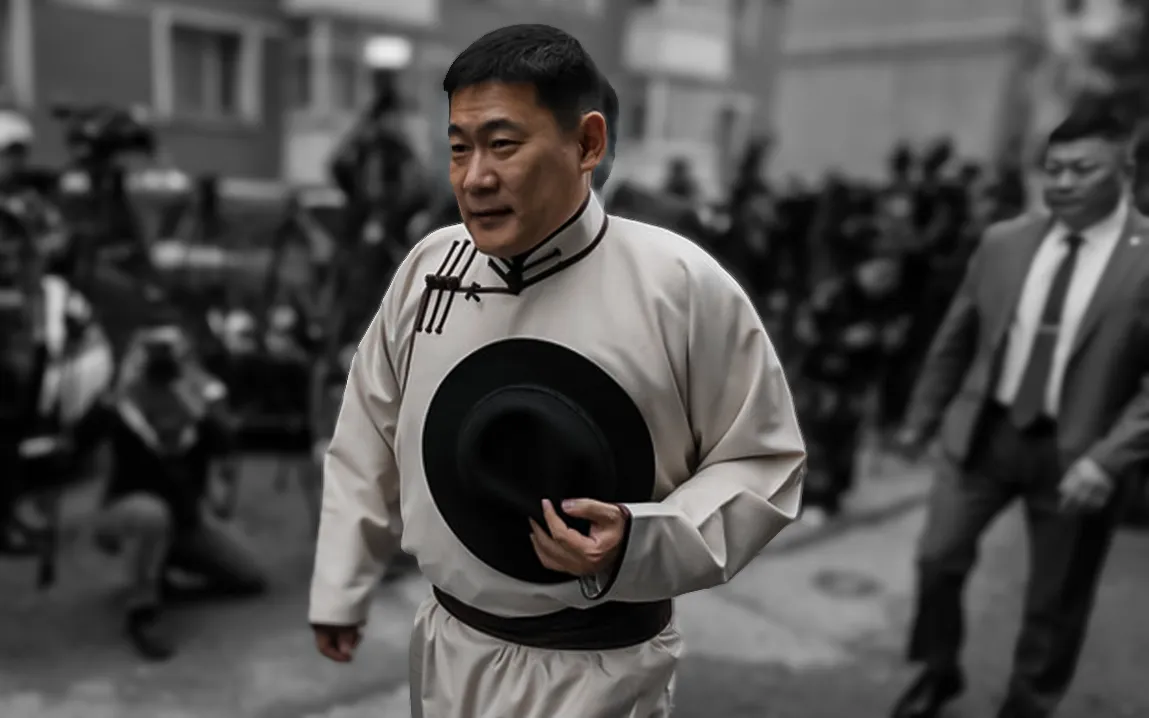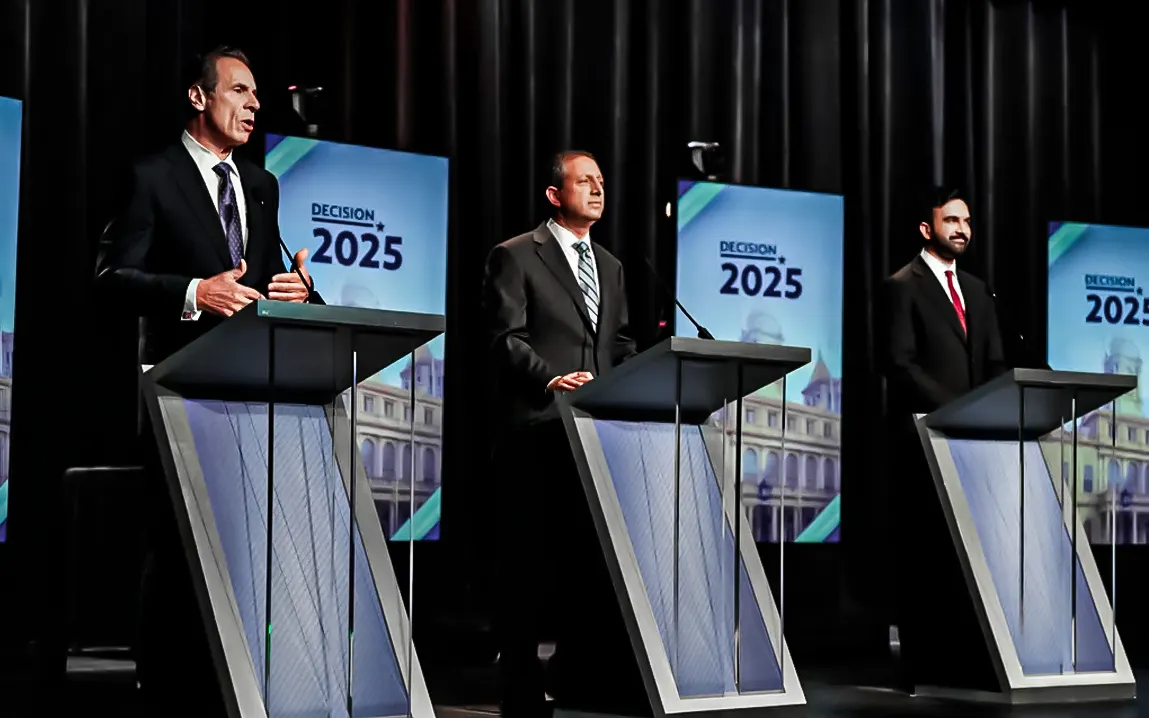Mongolia’s Prime Minister Oyun-Erdene Luvsannamsrai resigned following a loss in a parliamentary vote of confidence. This follows weeks of street demonstrations organized by youth, fueled by social media mobilization depicting his son’s lavish lifestyle as evidence of national popular anger against corruption and inequality.
Ulaanbaatar, June 3, 2025 — In a dramatic political twist, Mongolia’s Prime Minister Oyun-Erdene Luvsannamsrai has resigned after losing parliamentary confidence. The action follows a round of mass demonstrations spurred by allegations of his son’s opulent lifestyle that set off general indignation over political privilege, economic disparity, and allegations of corruption.
Parliament Turns Its Back on the Prime Minister
Only 44 of the State Great Khural’s 126 members supported Oyun-Erdene—far from the 64 votes he required to stay in office. His defeat in the vote of confidence is a sudden fall from favor for a leader who, not long ago, was hailed as a reformist hero committed to economic modernization and foreign investment.
The vote comes after weeks of turmoil, especially in the capital Ulaanbaatar, where protesters assembled by the thousands each day, many with placards decrying privilege and corruption. Popular discontent had been building for months but finally broke out when social media revelations exposed the opulent lifestyle of Oyun-Erdene’s son.
The Scandal That Sparked National Protests
The trigger came when the 23-year-old fiancée of Temuulen Luvsannamsrai posted a succession of photos to the internet. They included high-quality fashion goods, such as designer handbags and an engagement ring, and a Mercedes-Benz—all of which seemed grossly at odds with the humble lifestyle that is supposed to come with public service.
The messages spread rapidly and sparked outrage on social media sites and well beyond them. Mongolians were already suffering from inflation and sluggish economic growth, and the photos seemed to represent evidence of increasing inequality and abuse of public power. More than 59,000 people signed a petition calling for the resignation of the Prime Minister within days.
Acknowledging Mistakes and Warning of Instability
In his letter of resignation, Oyun-Erdene regretted having devoted too much time to big projects at the expense of social and internal political issues. “I have spent too much time on big projects and neglected insufficiently social and internal political issues,” he explained. He also warned that extended political instability threatened to undermine Mongolia’s maturing democratic institutions and appealed to all sides to cooperate in rebuilding stability.
A Mixed Legacy of Ambition and Discontent
Since taking office in January 2021, Oyun-Erdene has led a series of bold plans to transform the economy of Mongolia. These have involved a $1.6 billion uranium agreement with a French firm, growth at copper mine Oyu Tolgoi, and a bold target for GDP to rise from $15 billion in 2022 to $50 billion by 2030.
But these sensational advances were widely perceived as overwhelmingly advantageous to the elites. Too many ordinary citizens perceived themselves left out of the nation’s advance, particularly as inflation rose and export earnings dropped. His poverty-reduction promises were hollow for those who were being left behind in the economic transformation.
A Youth-Led Call for Accountability
The protests were significant in that they were overwhelmingly driven by Mongolia’s youth, who wanted more than a change of leadership. They wanted systemic reform, financial accountability, and more equitable sharing of the nation’s mineral resources. Their discontent was not with one leader—exclusively with a system that they felt privileged the minority at the expense of the majority.
Placards condemned “luxury politics,” and crowd chants called for justice, accountability, and a clean break from a political culture many saw as out of touch with ordinary people’s concerns.
What’s Next?
Under the Mongolian constitution, Oyun-Erdene will serve as a caretaker until a new Prime Minister is elected within 30 days. The ruling Mongolian People’s Party holding an absolute majority in parliament is expected to nominate a successor in the near term.
However, the challenges ahead go beyond simply replacing one leader. The new Prime Minister will inherit a nation in turmoil—where trust in government is low, economic inequality is high, and public patience is wearing thin. The government’s next moves will be closely watched by both its citizens and the international community.
This resignation, though theatrical, could be the start of a larger reckoning for Mongolian politics. The question is now whether the energy of the protests can translate into substantive, long-term change.



